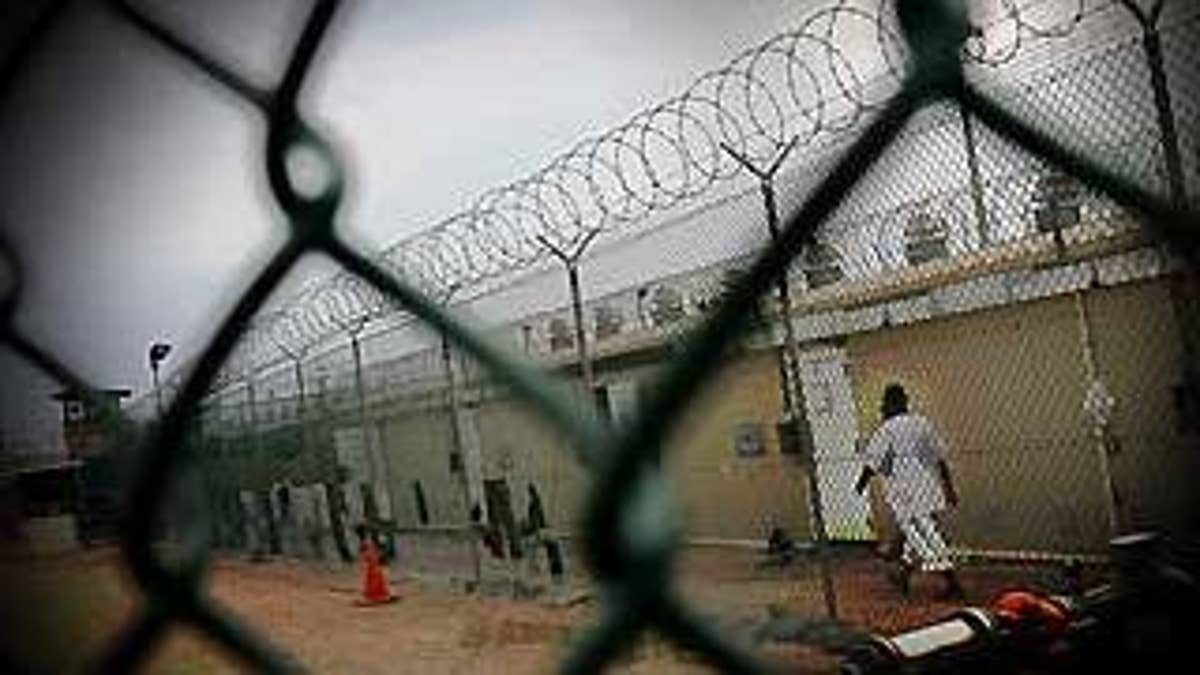
Facing a conservative backlash, House Republicans are working to change a new law that allows the indefinite detention without trial of terrorist suspects -- even U.S. citizens seized within the nation's borders.
Republicans and Democratic lawmakers said this week that the Republican majority on the House Armed Services Committee was weighing several proposals to revise the provision on indefinite detention that was part of the far-reaching defense bill that Congress passed in December and President Barack Obama signed into law.
Last year, Congress' approach to handling terror suspects divided Republicans and Democrats, pitted the White House against lawmakers and drew fierce opposition from civil liberties groups. The anger lingers, and Republican leaders are under pressure from a number of rank-and-file members, tea partyers and libertarians to change the law.
"I intend to help put as much political pressure on this issue as possible," said Rep. Justin Amash.
Officials for the committee had no comment on the possible changes to be included in a defense bill, which could be completed this summer. One possibility is greater review for those detained indefinitely, said Rep. Adam Smith, the committee's top Democrat.
The indefinite detention provision denies suspected terrorists, including U.S. citizens seized within the nation's borders, the right to trial and subjects them to the possibility they would be held indefinitely. It reaffirms the post-Sept. 11 authorization for the use of military force that allows indefinite detention of enemy combatants. In hopes of quelling the furor, lawmakers added language that said nothing in the law may be "construed to affect existing law or authorities relating to the detention of United States citizens, lawful resident aliens of the United States, or any other persons who are captured or arrested in the United States."
When Obama signed the bill on Dec. 31, he issued a statement saying he had serious reservations about provisions on the detention, interrogation and prosecution of suspected terrorists. Such signing statements are common and allow presidents to raise constitutional objections to circumvent Congress' intent.
"My administration will not authorize the indefinite military detention without trial of American citizens," Obama said in the signing statement. "Indeed, I believe that doing so would break with our most important traditions and values as a nation."
In February, the Obama administration outlined new rules on when the FBI, rather than the military, could be allowed to retain custody of al-Qaida terrorism suspects who aren't U.S. citizens but are arrested by federal law enforcement officers. The new procedures spelled out seven circumstances in which the president could place a suspect in FBI, rather than military, custody, including a waiver when it could impede counterterrorism cooperation with another government or when it could interfere with efforts to secure an individual's cooperation or confession.
But that's not sufficient for some lawmakers.
Smith and Sen. Mark Udall have introduced legislation that would repeal the provision on indefinite detention and reverse the mandatory military custody for foreign terrorist suspects linked to al-Qaida or its affiliates and involved in plotting or attacking the United States.




